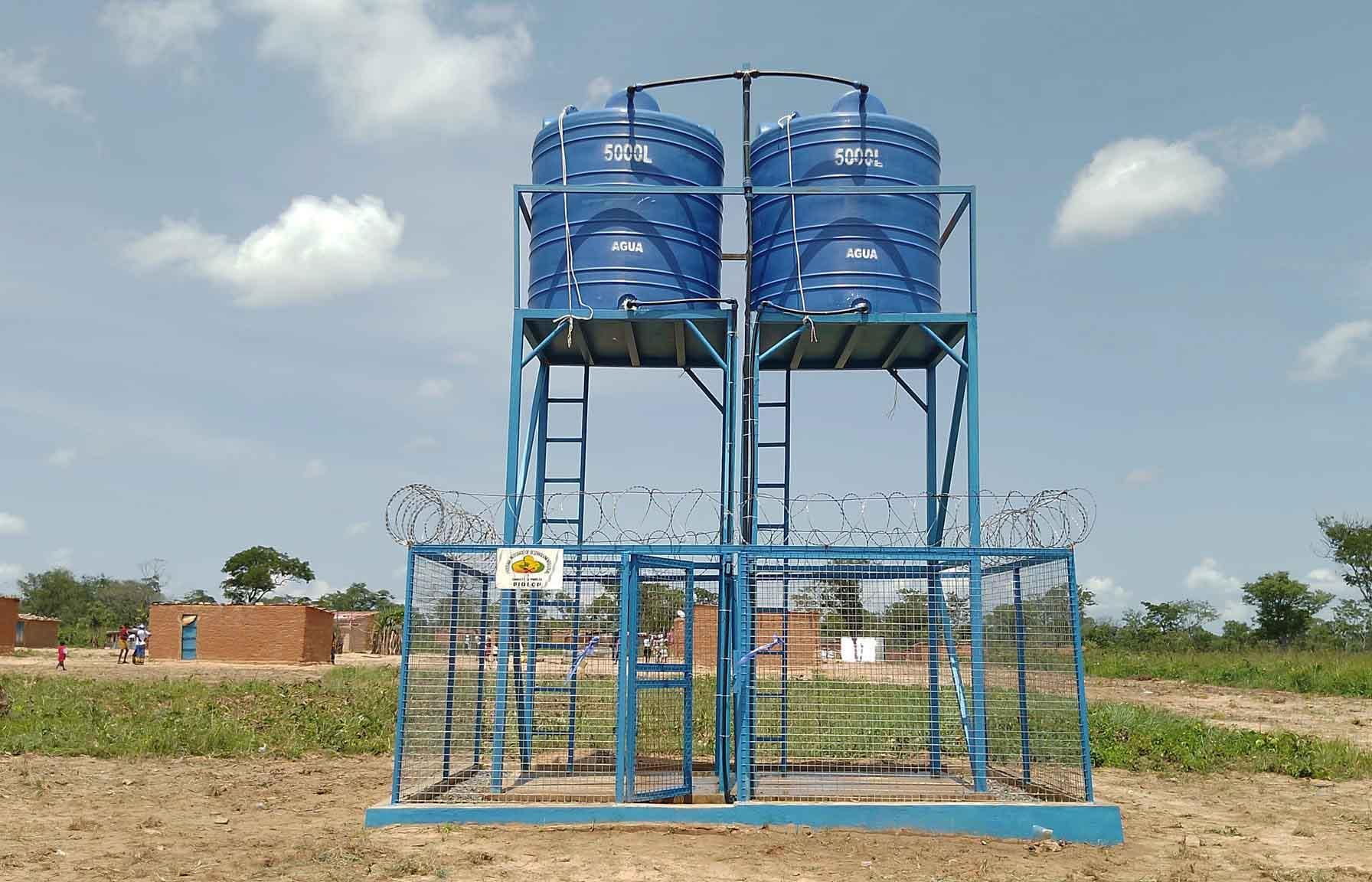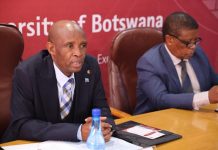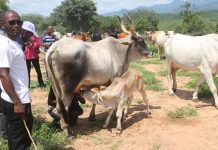Africa-Press – Botswana. The P200 million Selebi Phikwe-Serule Water Supply Scheme supplying water to the villages of Damochujenaa, Serule, Gojwane, Topisi, Moreomabele, and Mmadinare is complete.
The project which commenced in July 2021 had been under Defects Liability Period until end of May 2024, the period which the contractor was liable for any defects that might arise.
“This project marks a significant milestone in our collective efforts to enhance primary water supply infrastructure in Mmadinare and six other villages,” Chief Executive Officer for Water Utilities Corporation (WUC), Mr Gaselemogwe Senai, said during a kgotla meeting in Mmadinare on Tuesday.
Mr Senai said the protracted and pervasive water supply shortages and scarcity in these villages was a thing of the past.
“I am confident that the people of Mmadinare are now benefiting from the project through access to adequate and good quality water supply from the project,” he said.
Mr Senai thanked leadership and residents of Mmadinare for their patience throughout the years for enduring limited water supply despite the construction of Letsibogo Dam in 1999 which prioritised water supply to Gabororone.
Completion of this project, he said, marked a significant milestone in WUC’s efforts towards providing reliable, good quality and sustainable water supply across Botswana.
The key components include two concrete water reservoirs in Mmadinare, elevated tanks, pump stations, telecommunication masts and pipelines connecting all villages.
The project was intended to be done on accelerated basis but it faced challenges such as the global recession and the COVID 19 pandemic that caused substantial delays in its completion.
Mr Senai said the Minister of Lands and Water Affairs, Dr Kefentse Mzwinila, championed the execution of not only this project but nearly all the other 200 water supply projects countrywide in this planning period.
He thanked Dr Mzwinila for his unwavering support and dedication in ensuring that WUC delivered its mandate that Batswana get equitable and sustainable water supply services.
He said this was the second phase of WUC’s development plan which was bulk water supply, adding that an equally bigger challenge of water distribution, network upgrade, expansion and efficient retail remained which would form the third and final stage.
Mr Senai explained that the aging distribution network had led to pipe bursts and leakages with the advent of high water supply volumes, adding that the increased water supply might also have exacerbated the disparity between serviced and un-serviced areas.
For More News And Analysis About Botswana Follow Africa-Press






